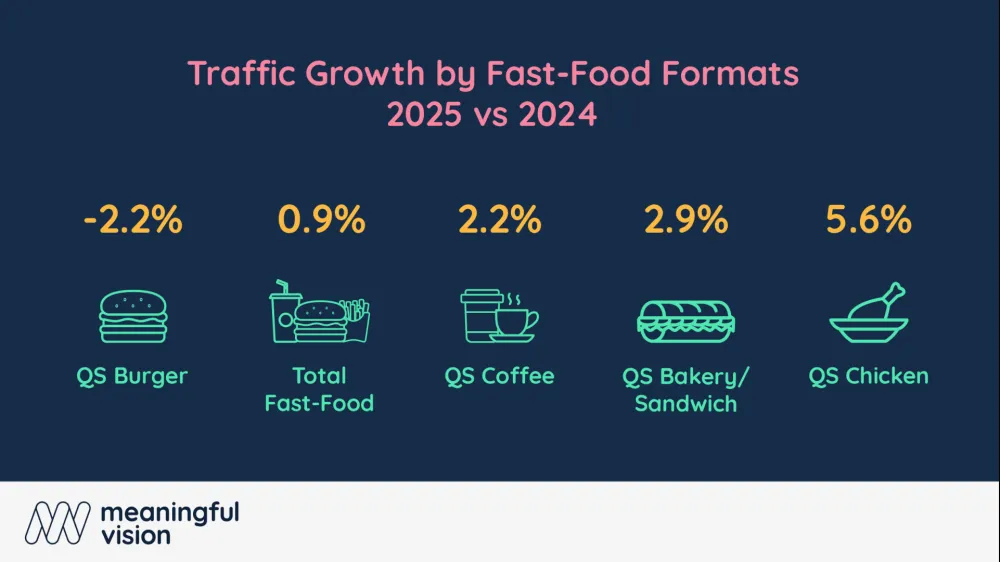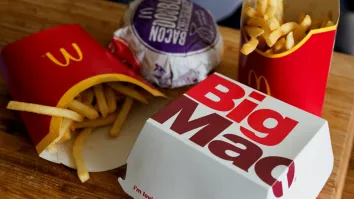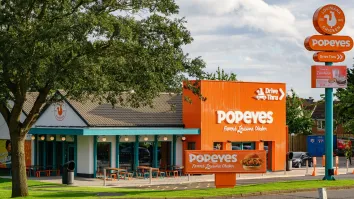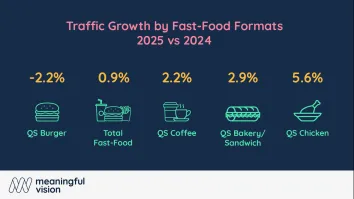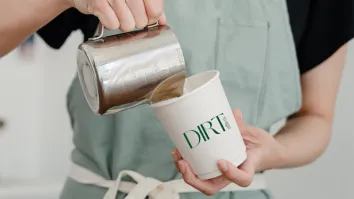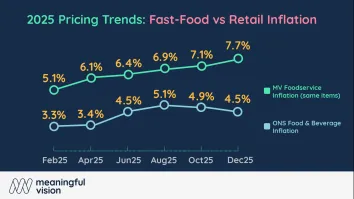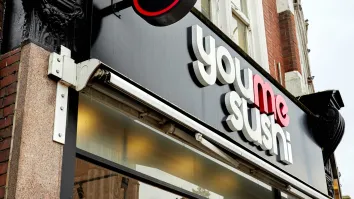
Belts are still tight for UK consumers
Despite the speeding rate of economic growth in the UK, UK consumers continue to showcase the frugality they acquired from the economic downturn.
New research from Mintel’s flagship British Lifestyles report, which tracks the activity of all consumer sectors in the UK, showed that over the past year consumers are more likely to have spent less in every area from holidays to home and garden products, apart from in-home food.
Whilst one in six (17%) said they spent more on in-home food compared to one in seven (14%) who claimed to spend less, overall the research shows that Brits saved their pennies.
The top three areas that UK consumers cut their spending on in 2014 were eating out, with over a third (36%) saying they spent less over the past year, alcoholic drinks out of the home with 35% spending less and leisure and entertainment with 34% agreeing they cut their outgoings.
In comparison, just one in eight (15%) said they spent more on eating out over the past year, whilst 14% said they spent more on holidays and the same proportion (14%) on technology and communications.
Ina Mitskavets, Senior Consumer and Lifestyles Analyst at Mintel, said, “The savvy shopping habits that people have adopted during the slowdown are deeply engrained and there is still a lot of ground to make up. Even though the growth in the economy has picked up in earnest over the past year, households have not yet seen a sustained period of earnings growing above prices in the shops, meaning that for many Britons the recovery is yet to trickle down to their pockets.”
"Demand for products and services that could be considered luxuries or those that carry a more premium price tag has proved to be weak, as consumers continued putting more money into savings before committing to a purchase.”
Over the past year however, 21% of UK consumers who have a gross annual household income of £50,000 or over say they've spent more on in-home food, compared to 14% of those with an income £15,500. Additionally, a quarter (26%) of those who have a household income of £50,000 or over say they've spent more on holidays, compared to just 7% of those with an income £15,500.
“The story of the prolonged downturn and the subsequent recovery has been one of a growing divide between the haves and the have-nots. The recovery remains uneven, with people on lower incomes still finding life hard, which will curb their enthusiasm for and ability to spend.” Mitskavets said.
